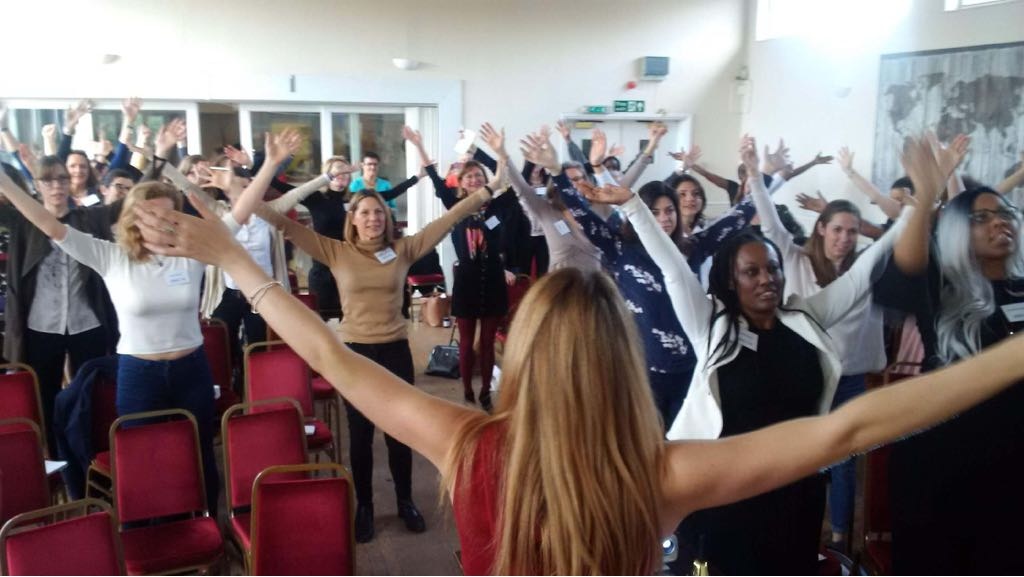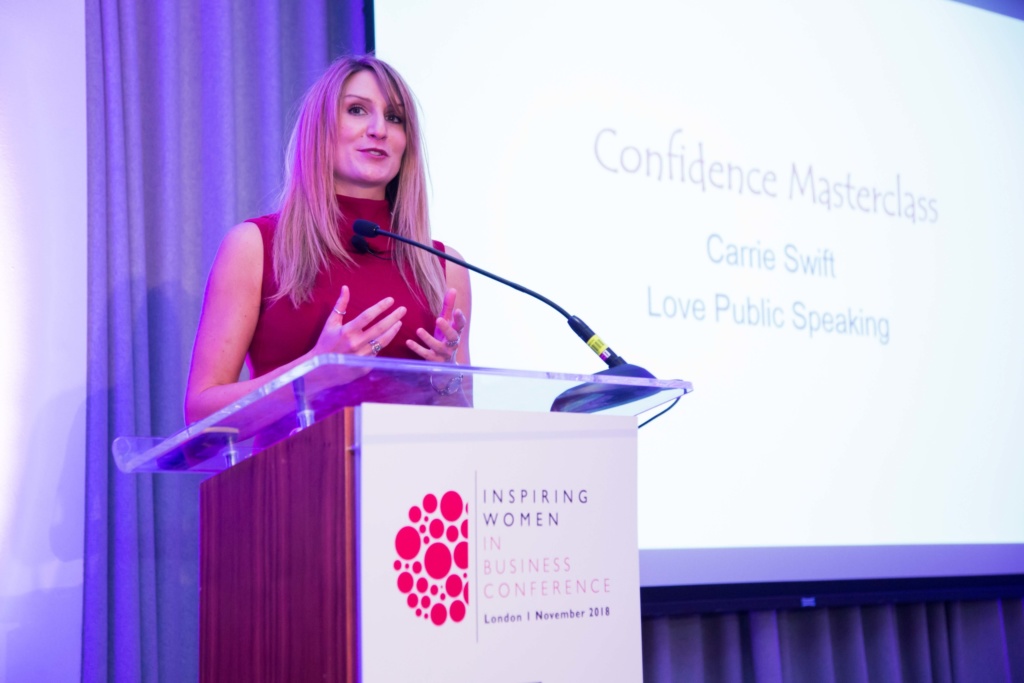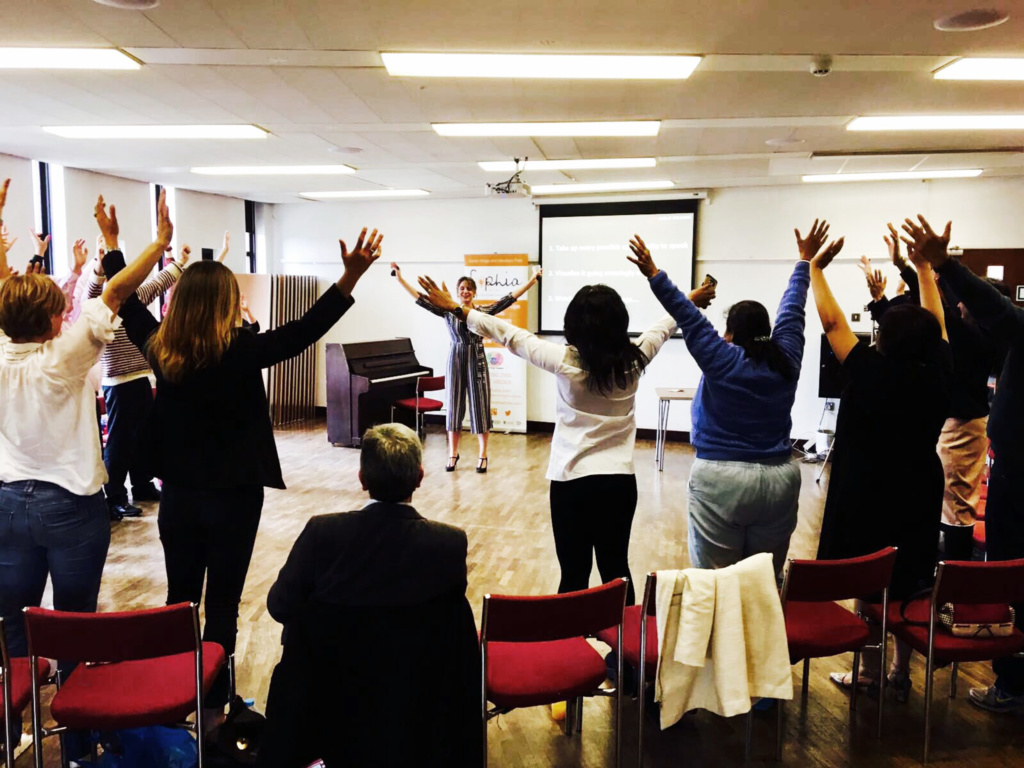
We have another old Etonian in charge at number 10 and he’s going to bring us all together in unity and optimism… isn’t he? If he achieves this, it will be by virtue of his ability to charm, cajole and convince and so get people of very different opinions to compromise or even change their minds. Can he do it? Many would argue that Boris has charisma, self-belief and confidence grown from an inborn sense of entitlement, nurtured at an elite private school. This has helped enable someone branded a liar and self-serving bluffer become Prime Minister. How can the rest of us compete with that?
We probably can’t—there can only be one PM at a time. But, surely, we can do more to help our state-school children have the confidence and poise to communicate effectively and become leaders or politicians. As a teacher, school leader and trainer I am so aware that a public speaking ability can massively boost self-confidence and win hearts and minds. This powerful skill is nurtured and valued in public schools through endless opportunities to practice and refine communication skills and thereby self-confidence.
As an English teacher, I felt such empathy for my trembling students delivering their wobbly GCSE spoken presentations. I knew that we hadn’t the time to give them the skills required to deliver a speech with the ability and self-confidence required to believe their voice should be heard. Nor, dishearteningly, did many of them have the inclination to learn these skills if given a chance, because of fear. I myself had spent a couple of decades with a phobia of public speaking, which I had to work very hard to overcome. This made it even more rewarding building a career from speaking engagements and being able to feel the benefits of enjoying talking to large groups of people. So, when Carrie Swift started a company called Love Public Speaking Ltd, I began to think about how we could take this into schools and make public speaking as embedded in school extra-curricular culture as sport and music.
Aside from her successful work with businesses, Carrie trains teachers to run after-school clubs that develop outstanding public speaking skills. These also help participants gain an understanding of the mind and how to overcome anxiety and insecurity. Through understanding this theory and practicing speaking and evaluating each other, children (and their teachers!) from years 5–13 have developed that confidence, knowledge, and skill that enhance resilience and self -belief. I spoke to Carrie about the clubs and asked her how they work.
Who runs the after-school public speaking club?
We come to the school and train a couple of teachers in how to run the club, providing all the PowerPoint slides, speaking exercises and videos of great public speakers for students to watch and analyse. We usually double up the training with a whole-staff presentation skills training session for the teachers too because we find teachers are often very nervous of public speaking when they speak at events like INSET days and parents’ evenings. Having an after-school public speaking club has the additional bonus of reluctant teachers experiencing a transformation in their own attitude to and confidence in public speaking.
But are the teachers willing to run an after-school club?
We’ve found teachers are keen to do it as part of their professional development. Some schools pay extra to their teachers for running the club—or sometimes they have time off in lieu. It really is a flexible programme and can even be delivered in the holidays or on Saturdays, if that suits the school community.

How can schools fund it?
Some schools charge the parents a termly fee for their child to attend the club. We’ve found that parents are just as keen to pay for this as for a football club or a music club, as parents know communication skills bring confidence and help children fulfil their potential—it is an easy sell. Some schools use pupil premium funding to support disadvantaged children to take part in the club.
What made you get involved with this type of training?
Well—like my mum (Jackie Beere), I also had extreme anxiety related to public speaking and as I worked as a manager in business, I realised how important it was to be able to speak up in a meeting or to deliver a pitch. I didn’t want any more sleepless nights worrying about the next speaking ‘opportunity’, so I decided to focus on and learn strategies to be brilliant at public speaking, then share them in the business world. Now I coach, train and deliver communication skills training to help people make an impact in the workplace and use it to accelerate their career. These are skills that can be developed at a much younger age, so our work in schools is incredibly important.
How has the course worked out so far in schools?
In our pilot schools the club has been surprisingly popular with both students and their parents. The club is challenging because it requires students to take part in speaking exercises and give specific feedback to each other to build confidence in presenting and debating. I have been amazed at the standard they can reach over time. In fact, the pilot clubs have become so over-subscribed so we’ve had to create additional public speaking clubs for different age groups our pilot schools. However, we are in the early stages and we want schools to be able to extend their provision and use the club in whatever way works for their context.
Many schools offer public speaking competitions on occasion and some children get the chance to address assemblies but within your new creative curriculum, public speaking and communication skills could be embedded in the culture of state schools in the same way it is in the public sector.
Why are communication skills more important than ever?
Education may be high on the agenda for the new Prime Minister because employers are telling us that we are just not producing students with the skills needed for 21st-century workplaces. These skills include negotiation, teamwork, persuasion, written and spoken communication skills, emotional intelligence and a learning mindset—all the skills robots will never have!
The domination of screen time in our children’s lives make public speaking even more important. Texting is often preferred to talking. Sharing pictures on Instagram or Facebook has become a form of socialisation that excludes speaking to each other directly. Hence, some of our young people grow up less confident even with telephoning clients, let alone negotiating with colleagues when they reach the workplace. To balance these changes in lifestyle we need schools to value and nurture the vital skills of human communication throughout school life.
Teenagers frequently find talking to adults a challenge. Boys can struggle to articulate their thoughts and girls often struggle with confidence to speak up. The charm and charisma exuded by some of our politicians can be taught and learned by helping our learners find a confident voice and a wider vocabulary. An added bonus is the sense of wellbeing, flexibility and inner confidence that comes with being able to speak to any audience with poise and clarity. If there is one thing that will help disadvantaged children break out of the spiral of deprivation it could be communication skills that help them understand how to connect with various listeners and make an impression.
Teaching effective communication. Key skills and learning activities that can and should be included in your curriculum.
- Conversation skills—discussing the news or world affairs
- Vocabulary and speaking techniques that work well, for example alliteration, repetition
- Using pauses, volume and intonation effectively
- Listening and turn taking
- Improvising an extended response to questions
- Empathy and expressing different viewpoints
- Speaking to variety of group sizes
- Body language for effective communication
- Giving a pitch to sell an idea or product
- Telephone communication with and without a script
- Coaching each other and themselves using questions

As school leaders, we wonder what it is that will really make the difference to the future lives of our children. We know it isn’t always their examination results on a particular day one summer that will make a long-term, positive impact on their lives. It is much more likely to be an ability to form great relationships with a variety of people, communicate with clarity and have the self-confidence to follow their ambitions. I often think we should be measuring life in the decade after school to really consider how effective their schooling was in delivering these skills and habits. One thing is for sure, the public school system does deliver these habits (alongside some very useful networks!) Embedding communication skills at the heart of our state school curriculum could help bridge the gap so that our political system and its leaders really represent the people.
Jackie Beere OBE is a School Improvement Partner, Trainer, Governor, Mindset Coach and Author jackiebeere.com. For further information on the school clubs, email carrie@lovepublicspeaking.org
Register for free
No Credit Card required
- Register for free
- Free TeachingTimes Report every month